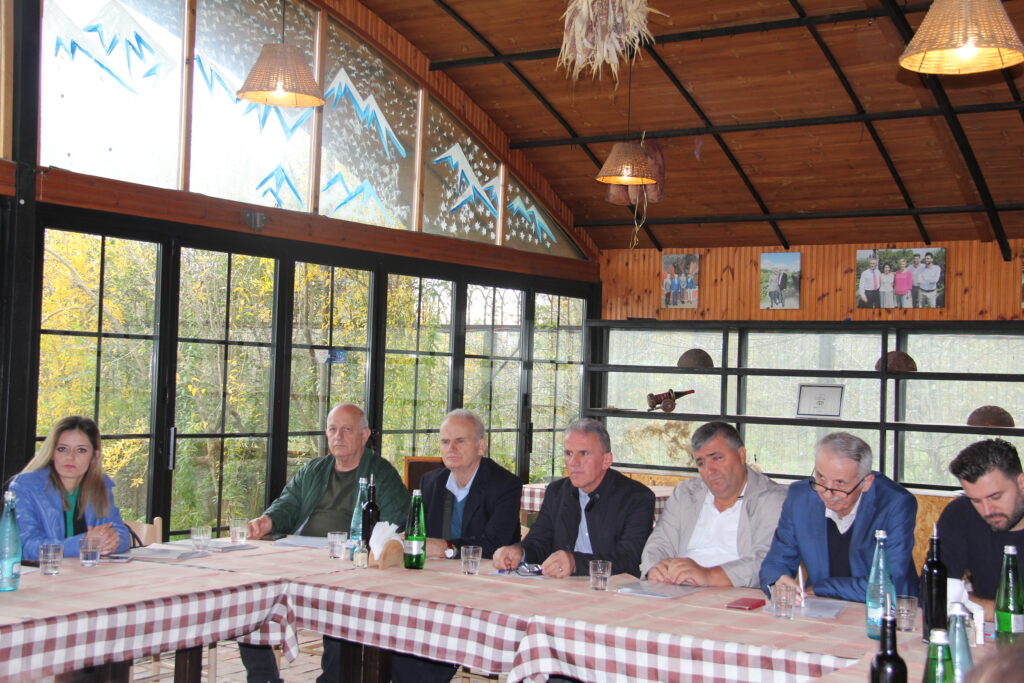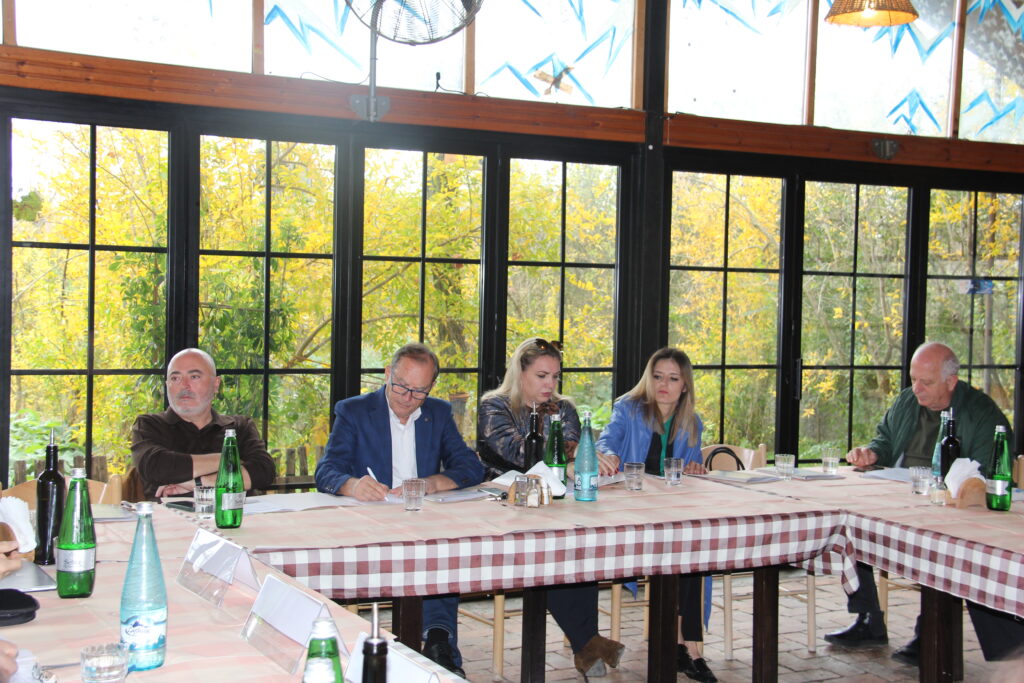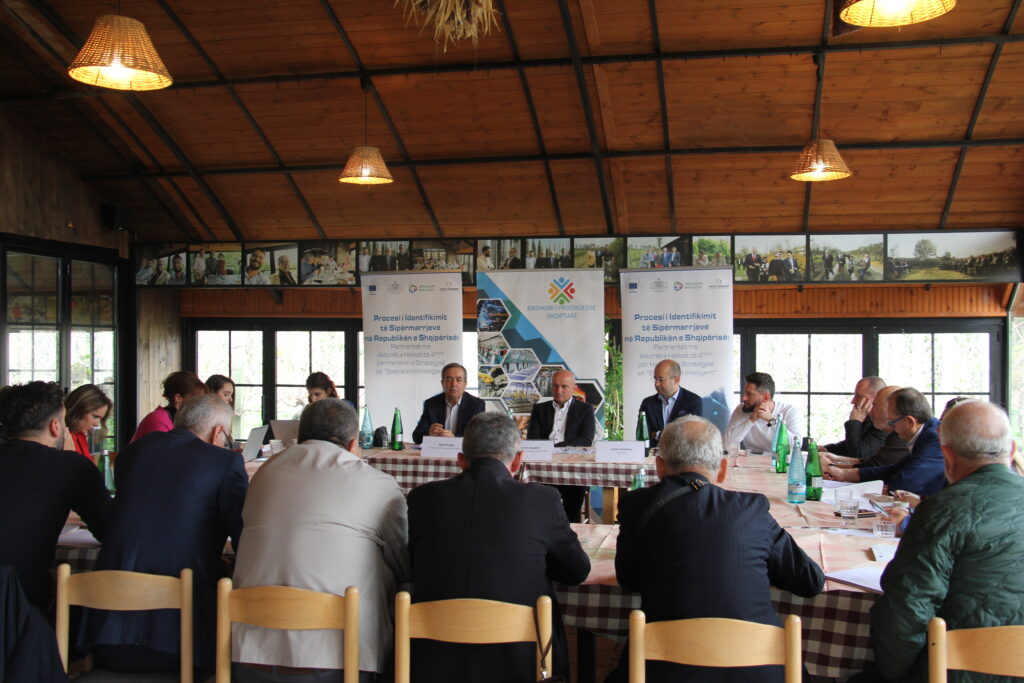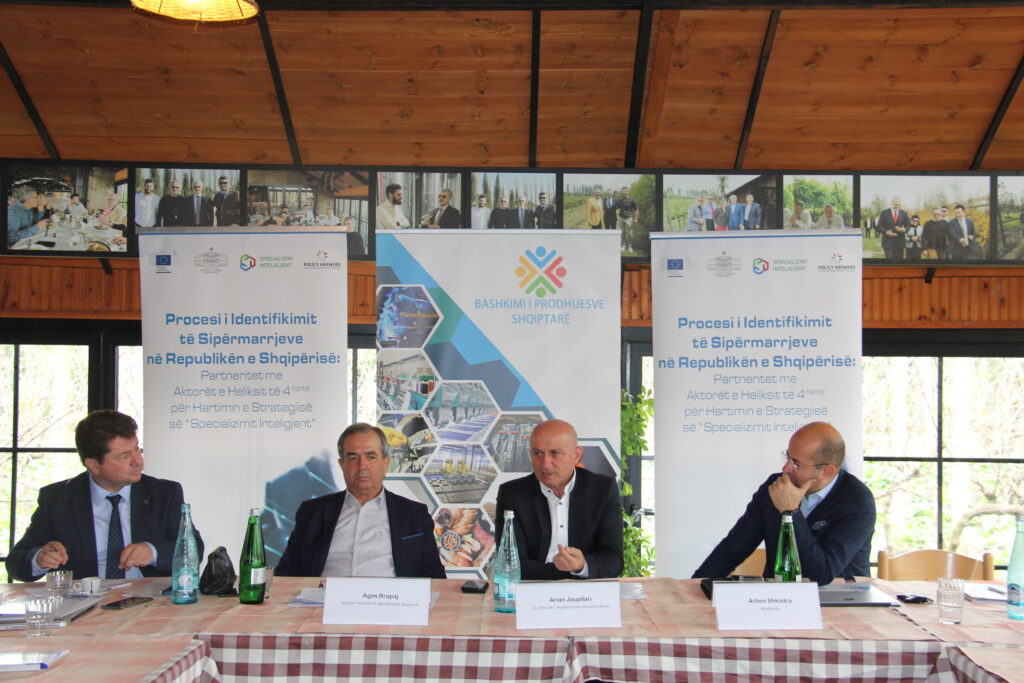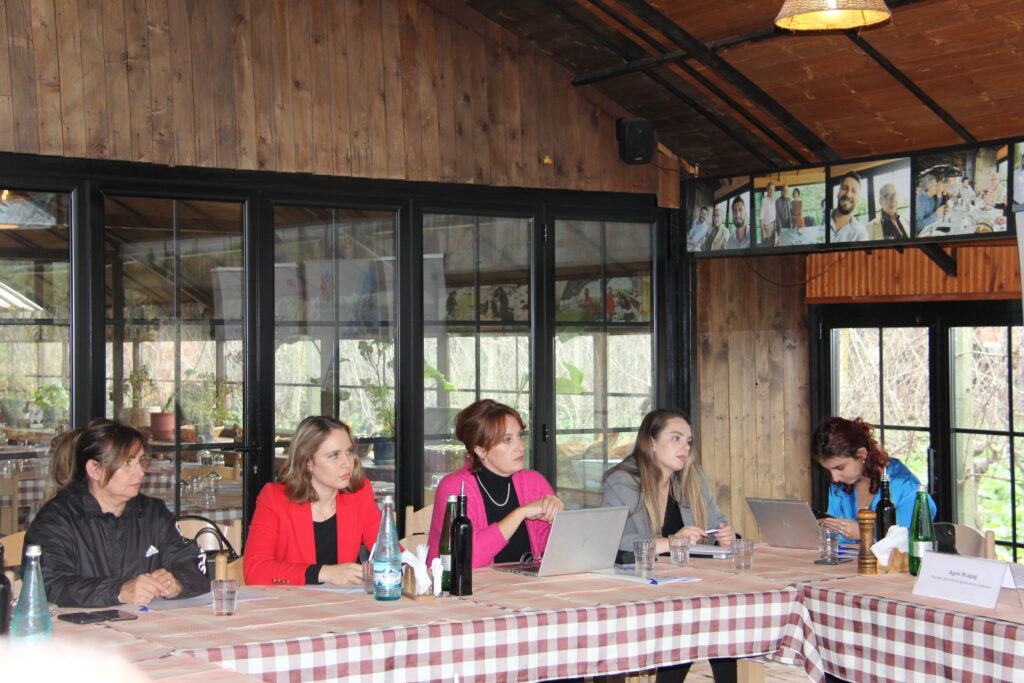The target of the last EDP activity conducted for the agricultural sector was the livestock industry. Throughout this event, participants were asked to evaluate the importance of this industry to the country’s smart specialization, share their thoughts on the strengths, weaknesses, opportunities, and challenges attributed to this sector, and offer concrete suggestions for the measures that must be incorporated into the smart specialization strategy to ensure that this industry’s potential is fully realized. Throughout the event the participants indicated a decline in the industry parameters over the past decade, a trend that, in their opinion, should be reversed given the critical role that this industry has in building resilience to future supply chain shocks. Particularly, it was stressed the need to make this industry more appealing to young generation and foreign investors by allowing the export of livestock products to foreign markets and encouraging the transition from family-based to science-based livestock farms.
Activities and Output:
At the outset of the event, attendees were given an overview of the smart specialization strategy, the end result of the mapping process carried out in 2021 identifying agriculture, including livestock industry, as one of the priority domains for the country’s smart specialization, and the role that the representatives of all quadruple helix can have in defining the strategic priorities to be incorporated into the country’s’ smart specialization strategy by contributing throughout EDP activities’ discussions.
The second session of the activity was focused on discussing growth opportunities and reviewing this sector’s performance over the past decade. During this session the quadruple helix actors all agreed that the parameters of this sector have been declining over the past decade, a trend they largely attributed to a lack of economic interest, particularly among younger generations, to invest and work in this industry due to its relatively low profit margins and wages compared to other industries. Nevertheless, participants stressed the importance of reversing this tendency given the role that this sector has in developing the country’s rural areas, improving the agricultural and agro tourism sectors performance, and fortifying the economy against future supply chain shocks.
In the final session, participants proposed a number of government incentives that in their opinion would make the livestock industry in Albania more attractive to younger generations and foreign investors, including measures required to enable the export of Albanian livestock products and promote the transition from a traditional family-based to scientifically based livestock farms. Participants also provided numerous proposals for easing the pressure for labor force, developing the expertise necessary to meet the evolving market demands and improving the existing regulatory framework.
Mr. Arben Shkodra: Secretary General of Albania Manufacturing Union (AMU), Member of the Inter-Institutional Working Group for the Smart Specialization Strategy and moderator of the event
Mr. Z. Arian Jaupllari: Deputy Minister for Agriculture and Rural Development
Mr. Agim Rrapaj: Executive Director of the Albanian Agriculture Council (KASH)
Mr. Alban Zusi: Executive Director of the Albanian Food Industry
Event organizers
This activity was organized by Future Center in collaboration with Inter-Institution Working Group, Albanian Agriculture Council (KASH) and Albanian Manufacturing Union (AMU), and the support of the European Commission’s Joint Research Center (JRC) and the POLICY ANSWERS Project (Horizon Europe GA 10105887).
